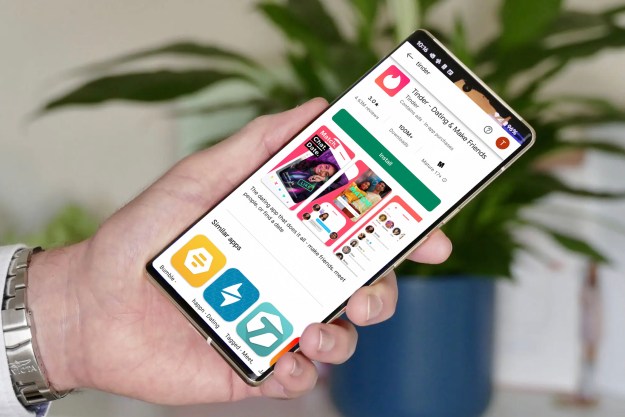
With the year marching on (is it really September already?), it won’t be too long before we see the launch of Google Glass, a product we already feel we know quite a bit about what with an early version being handed out to so-called Explorers for testing and development, as well as the ton of media coverage ever since the Mountain View company announced the project last year.
While a specific launch date is yet to be announced, many observers are looking at the first half of 2014 as a realistic possibility.
According to a couple of recent reports, a dedicated Glass app store will be launching with the high-tech Android-powered specs next year, though it’s not currently clear if it’ll be completely separate from the Google Play marketplace or incorporated in some way.
The New York Times said in a lengthy piece over the weekend that an app store for Glass was on its way – “The company says an app store is coming next year, when Glass is available to the general public” – while a Google spokesperson confirmed to Marketing Land this week that a dedicated app store would arrive in 2014.
“The company declined to share any additional details like if the Glass app store would be part of Google Play or separate, and if developers will be able to charge for apps by the time the store opens,” Marketing Land’s report said.
Boutique?
The recent discovery of a ‘Boutique’ reference in one of Glass’s software updates suggested the name of the dedicated store, though no official word has come from Google up to now.
Considering the company’s gadget is strikingly different to anything that’s gone before in consumer tech, few jaws will be falling to the floor with the news that a dedicated store looks increasingly likely. Few apps for the device exist at the current time, though the collection is steadily building as more and more developers turn their attention to building software for the new face-based computer.
To find out more about the apps already available for Glass, check out DT’s recent report here.
Editors' Recommendations
- A new Google Pixel Tablet is coming, but it’s not what you think
- Everything you need to know about the massive Apple App Store outage
- The 1Password Android app just got a huge upgrade
- How to use Google’s Gemini AI app on your Android phone
- Google is launching a powerful new AI app for your Android phone


